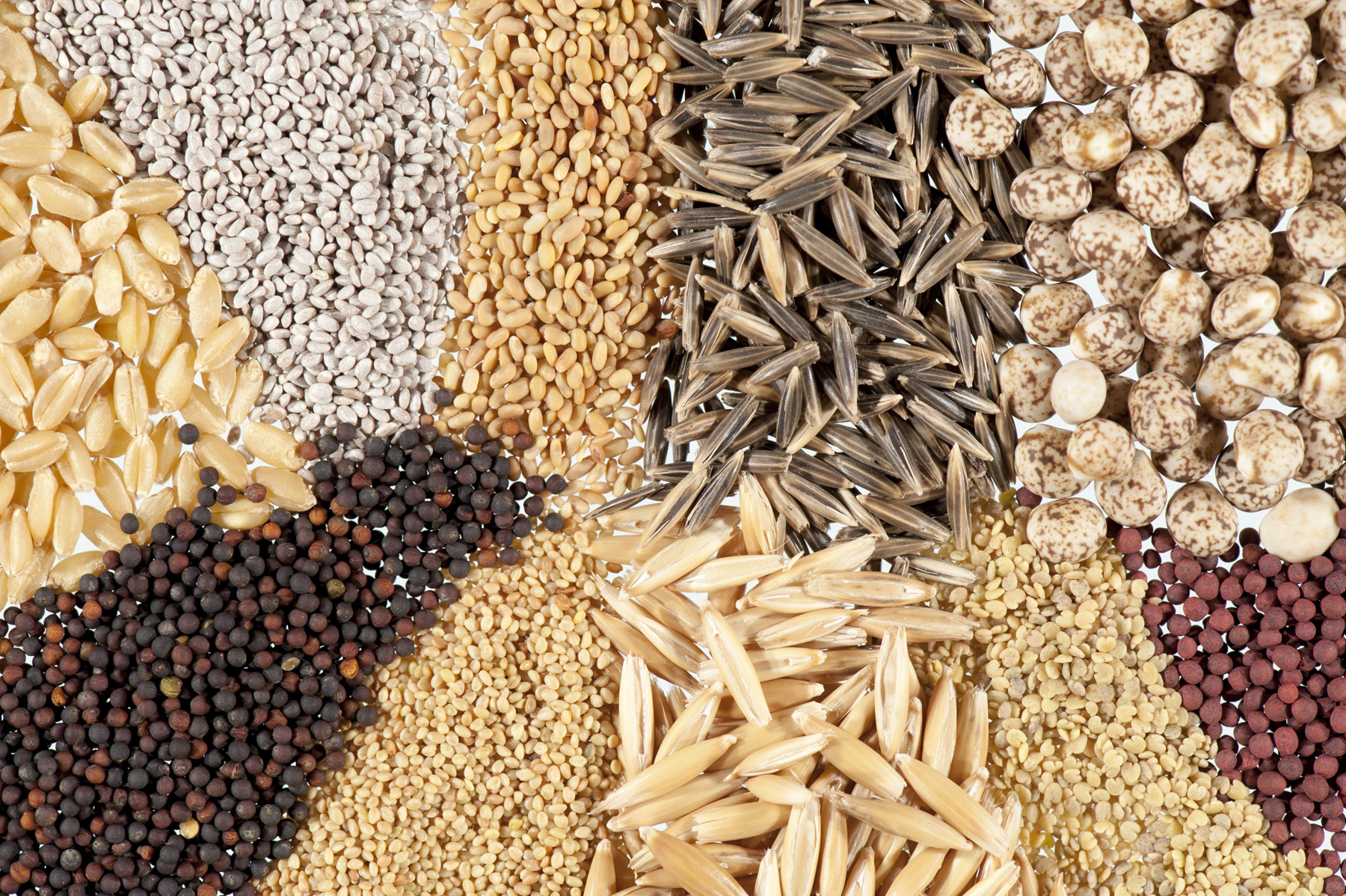Here’s what you need to know about the fasting diet…
Many people have taken a look at the popular intermittent fasting diet and asked, “Does the fast diet work? Will I really be able to lose weight, or is this just one more fad diet that will come and go?” The answer to the question is: Yes, the fast diet really does work!
Let’s be clear: intermittent fasting is NOT the same as long-term fasting or starving yourself (eating disorder style). You still consume a healthy amount of calories per day—all that changes is the timeframe in which you eat those calories.
There are many different intermittent fasting patterns to try:
- Eating for 6 hours, fasting for 18 hours
- Eating for 8 hours, fasting for 16 hours
- Fasting two days per week (interspersed)
- Fasting 24 hours at a time
The idea behind the intermittent fast diet is that you give your body a break from processing and absorbing food. This forces the body to use up the fat you have stored in the form of fat. By restricting access to food and calories for a certain number of hours, you increase fat-burning.
But here’s the really important part of the diet: you still eat all the normal calories you need in a day. During your eating period, you still get those 2,000 or so calories you need per day. You give your body the calories, fats, proteins, carbs, minerals, vitamins, and antioxidants in needs to function. By consuming enough fat, you encourage fat-burning. By consuming enough protein, you encourage muscle building. You also give your body the vitamins and minerals it needs to produce hormones, keep your metabolism working, and protect you from disease.

READ MORE: 15 Ways to Increase White Blood Cells
In a way, a fast diet is almost like a low-calorie diet, but without cutting back too much on your calories. You still get enough calories to keep your body running at tip top shape. However, during the hours that you are fasting, you don’t have to worry about high blood sugar levels, excess fat, or too many calories.
Many people who ask “Does the fast diet work?” are worried that they aren’t going to be able to eat throughout the day. Even on fast days, you still consume calories—just not as many as you normally would. For more intermittent fasting diets, a “fasting” day still consists of 400 to 600 calories. This is enough for your brain, heart, eyes, and other internal functions to keep working even on the low calorie days.
TODAY posted the findings of a study that documented what happened when people followed a diet that mimicked intermittent fasting. Not only did they lose weight, but their cholesterol levels decreased, their BMI dropped, their blood pressure decreased, and they felt much healthier.
One of the great things about the intermittent fasting diet is the fact that you’re not always thinking about food. You only have a narrow eating window (6 to 8 hours) to fit in all your food, so you really only have time for two meals and a couple of snacks. All you have to do is focus on making those few meals healthy and balanced. The rest of the time, you can simply ignore all the tough food choices because you aren’t even allowed to eat. There’s far less “should I?” going on. You know you aren’t allowed to eat outside your eating window, so it’s much easier to simply go about your life without always being worried about making the wrong eating choices.







